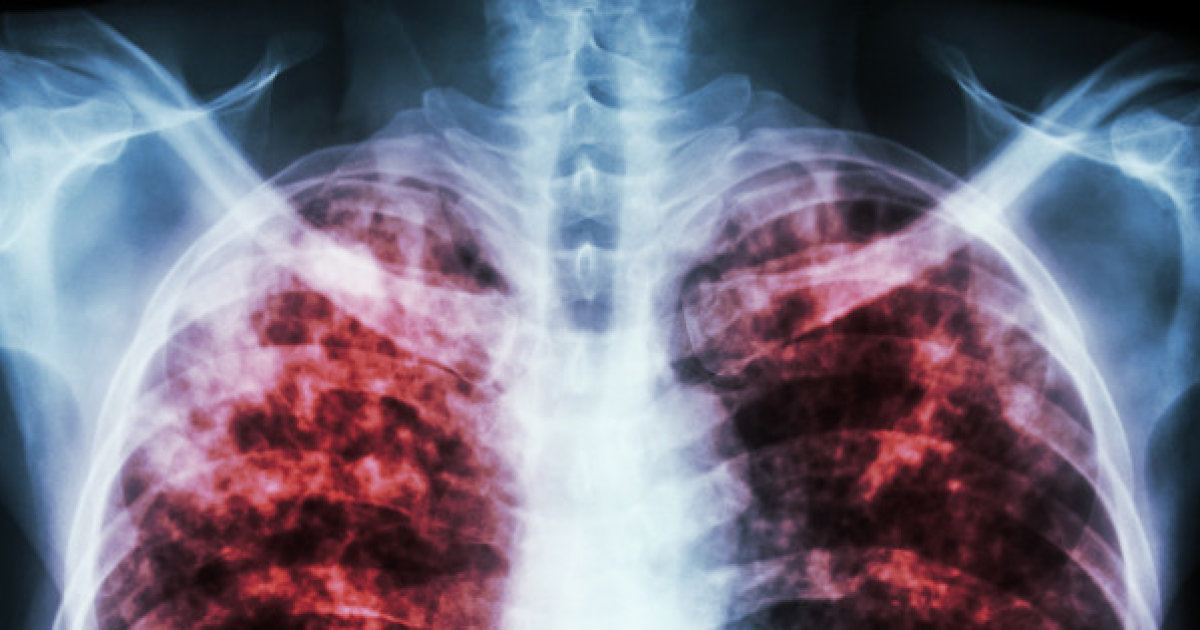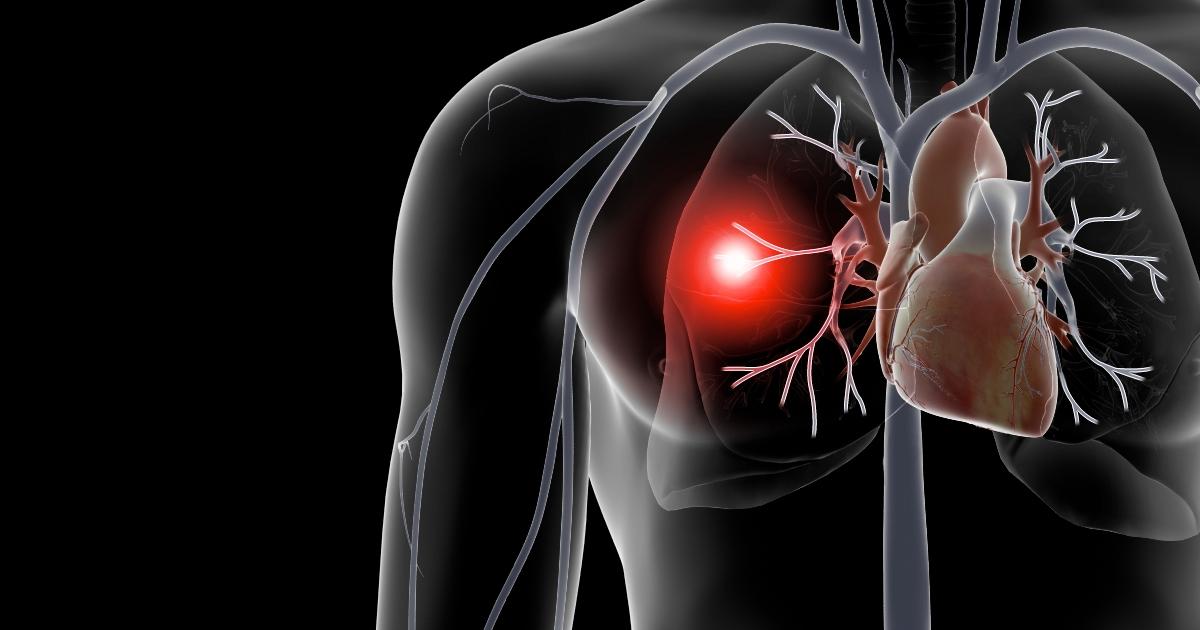Why Does Pleural Effusion Occur?
Pleural effusion involves fluid buildup located between the tissues lining the chest and lungs. The presence of this condition makes it appear as though there's water in the lungs. The tissues surrounding the lungs are known as pleura and are designed to regulate breathing, which is why pleural effusion can lead to numerous complications. The severity of this condition largely depends on what has caused the pleural effusion as well as whether or not the patient's breathing has been adversely affected. The underlying cause of pleural effusion will need to be treated before patients can experience full relief from their symptoms. Patients who experience mild cases of pleural effusion may not have any symptoms. Some of the more common symptoms include dry coughing, chest pain, shortness of breath, and difficulties with breathing when sitting up straight. The treatment options that can be used to relieve symptoms extend from heart failure medications and diuretics to surgical procedures like open thoracic surgery and VATS.
Of course, much of this is tied into the cause of pleural effusion. Learn about the major causes now.
Tuberculosis

Among the more common causes of pleural effusion is tuberculosis, which is an infectious disease that mainly affects the lungs but can spread to other areas of the body like the kidneys, spine, or brain. Even if patients infected by this disease, it's possible they won't get sick. The only way they'll suffer from pleural effusion is if the infection has caused them to become sick. While this problem was once a leading cause of death in the country, it has become easy to treat over the past half-century. This infection is caused by a type of bacteria known as Mycobacterium tuberculosis. This bacteria travels through the air before it enters into the lungs. While this is considered an infectious disease, the only way for it to spread is if someone spends a substantial period in contact with the contagious individual. The main symptoms associated with tuberculosis include a severe cough that lasts for more than two weeks, coughing up blood, pain in the chest, fever, chills, weight loss, and a loss of appetite.
Learn more about the causes of pleural effusion now.
Pulmonary Embolism

Among the top causes for the exudative type of pleural effusion is a pulmonary embolism, which is a blood clot that occurs within the lungs. The blood clot developed in another part of the body but will have traveled through the bloodstream before becoming stuck within a blood vessel located in the lung. When this happens, the normal flow of blood to the lungs is restricted, which will cause a reduction in oxygen and an increase in blood pressure. There are a variety of risk factors that can increase an individual's chance of suffering from a pulmonary embolism as well as pleural effusion. These risks include being inactive or immobile for lengthy periods because of surgery, having a family or personal history of a clotting disorder, sitting for a long time, and having a history of cancer. It's possible for a pulmonary embolism to dissolve on its own without any treatment. But if this condition isn't treated properly, it's possible for death to occur. Along with pleural effusion, patients will likely experience such symptoms as a rapid heartbeat, excessive sweating, and sharp pain throughout the body.
Continue reading to reveal more about the causes of pleural effusion now.
Leaking From Organs

Another likely cause of pleural effusion is leaking from organs, which is a relatively standard symptom of severe conditions like kidney disease, liver disease, and congestive heart failure. When fluid builds up within the affected organs, it's possible for this fluid to leak into the pleural space around the lungs, which means patients will be affected by pleural effusion. Since the underlying condition must be corrected before patients can experience relief from their symptoms, the only way to get rid of the fluid around the lungs is to treat their kidney disease or congestive heart failure. Each of these conditions can cause the organ to fail altogether, which is why early treatment is essential. In most cases, these diseases will occur over a lengthy period, which means symptoms will be gradual.
Uncover more details on the causes of pleural effusion now.
Lung Cancer

It's possible for pleural effusion to occur due to lung cancer. This cancer begins in the lungs and typically occurs in individuals who smoke on a frequent basis. However, this cancer can happen even if someone has never smoked before. Quitting smoking can substantially increase an individual's chances of avoiding lung cancer. As with all types of cancer, the disease comes in the form of stages with symptoms becoming more severe at later stages. The main symptoms associated with this cancer include shortness of breath, coughing up blood, pleural effusion, rapid weight loss, headaches, bone pain, and a cough that won't go away. Early detection of lung cancer greatly increases the possibility of successful treatment.
Discover more causes of pleural effusion now.
Rheumatoid Arthritis

Rheumatoid arthritis is a long-lasting disorder that causes pain and inflammation within an array of joints throughout the body, the primary of which include the joints in the hands and feet. Pleural effusion can be caused by rheumatoid arthritis in the event it has caused inflammation in and around the lungs. This is considered an autoimmune disorder, which means the patient's immune system is incorrectly targeting the rest of their body. For most individuals affected by this form of arthritis, the disease will worsen over time. However, it can also be managed with anti-inflammatory medications and pain relievers. Since this condition typically causes inflammation of certain joints around the body, the affected joints will eventually become worn down, which may result in joint deformity and bone erosion. Modern treatments have made this form of arthritis much more manageable.
